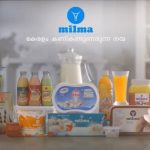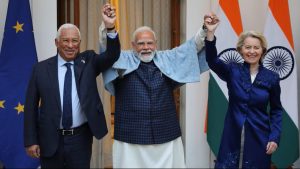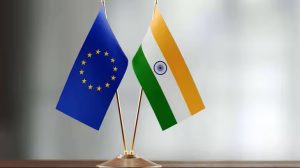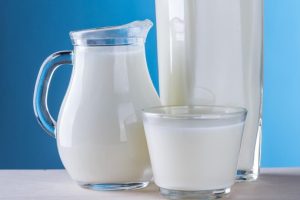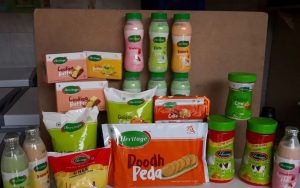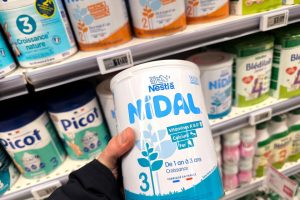
On December 31, the EUDR, the European Union’s new regulation on deforestation, will come into force, which will prohibit the entry of agricultural products into the bloc produced in places that fail to be certified as deforestation-free as of 2020.
The regulation approved last year has not yet cleared the doubts of agricultural commodity exporting countries such as Mercosur, nor of the European producers themselves, who fear a sharp drop in their business.
It is not the intention of this column to discuss the good intentions of the regulation, but its feasibility and the consequences it may cause. But it cannot be overlooked that the regulation comes from a block of countries that for centuries overexploited natural resources, their own and those of others, and when they have few resources left to protect, it is the one that conditions the rest of the world in the defense of native forests.
The history of this regulation began earlier this decade, when Greenpeace activists and more than 100 environmental and social justice organizations joined together to demand that the products of forest destruction be kept out of the EU market.
The message sent by these groups represents the spirit of the regulation passed last year, in their proclamation they said:
“We are not asking for a ban on these products, we want assurance that they come from contexts of sustainability and respect for human rights. But for that we need strong European legislation. The EU must play a leading role in protecting the world’s forests and other ecosystems. If we do not stop deforestation, forest degradation or the conversion and degradation of other ecosystems, we could lose our fight against climate change and aggravate the biodiversity crisis.”
As we can see, Europe’s sensible legislators listened, and acted. Now, the moment of truth is approaching and doubts about its viability are growing.
How to sustain self-sufficiency?
Europe is an over-producer of the main foodstuffs needed by its population. It has a production surplus in dairy products, poultry and pork, eggs, cereals and is very close to covering its sugar quota. But this “food sovereignty” hangs in the balance.
Europe produces only 8% of the soybean meal it consumes. Clearly, it is not the Europeans who consume soybean meal directly, but it is used as feed for their livestock production.
Here is the big question: will Europe be able to feed its cows, pigs and chickens with this new regulation?
The new regulation requires the geolocation and certification of the parcels where each soybean comes from, something that may be unfeasible for many small producers in South America. And the United States has stated that it does not intend to provide this information because it considers it to be too sensitive.
The fine for not complying with this requirement is set at 4% of the total turnover. We are talking about millions. Will importers be willing to pay them or will they want to charge it to exporters? Today in Europe they are not closing soybean supply contracts for next year and there are many voices expressing their concern because of doubts about how animals will be fed next year.
There are other products besides soybeans or meat that are at risk, cocoa, palm oil, coffee. The regulation has not yet cleared up all the doubts and the implementation date is approaching.
Europe has time to think about the feasibility of the standard and not to remain only with good intentions. Today, both small South American producers and European consumers are at risk of seeing their food more expensive.
You can now read the most important #news on #eDairyNews #Whatsapp channels!!!
🇮🇳 eDairy News ÍNDIA: https://whatsapp.com/channel/0029VaPidCcGpLHImBQk6x1F


